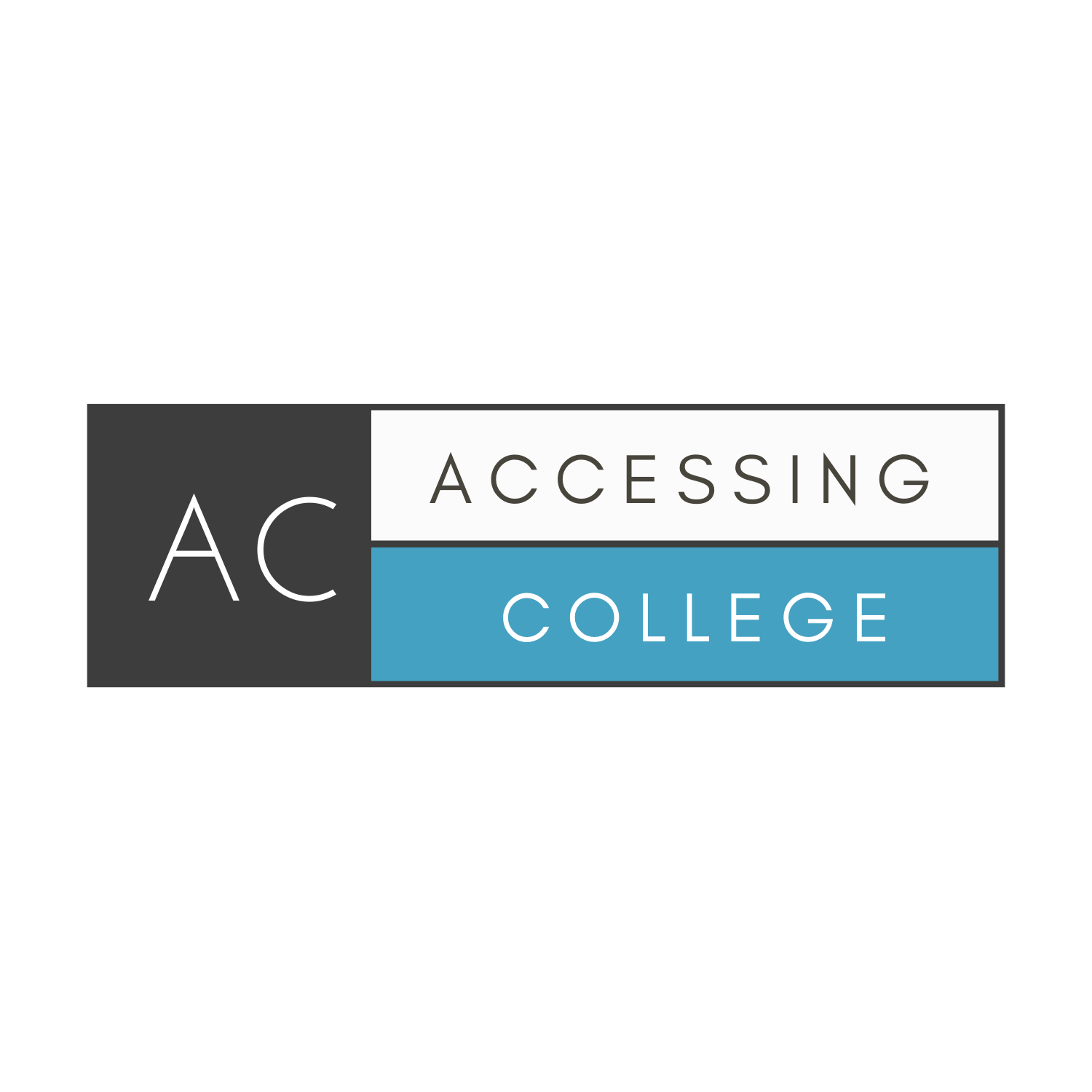In the competitive academic landscape of today, mastering self-advocacy is not just a valuable skill but a key determinant of a student’s success in college. Recognizing its significance is one thing, but understanding how to effectively apply it is another. This blog post is a comprehensive guide for both parents and students, offering practical strategies to Improve Self-Advocacy Skills at Home that are crucial for navigating the complex terrain of college life.
Understanding the “I do, we do, you do” Model
An effective approach to Improve Self-Advocacy Skills at Home is the “I do, we do, you do” model. The process involves guiding students through tasks initially, collaborating on these tasks as they progress, and ultimately allowing them to take charge independently. This model is a powerful tool for gradually empowering students to advocate for themselves, ensuring a smooth transition to college life.
Practical Steps to Improve Self-Advocacy Skills At Home
- Managing Personal Appointments
One fundamental aspect of self-advocacy is managing personal appointments. Encourage students to take responsibility for scheduling their own doctor, therapist, or dental appointments. This seemingly simple task cultivates independence and self-reliance, providing students with a sense of control over their personal well-being.
- Navigating Everyday Tasks
Ordinary tasks such as ordering takeout and picking up prescriptions may appear routine, but they offer invaluable opportunities for students to learn to ask pertinent questions. These experiences boost their confidence in advocating for themselves, an essential skill for college life and beyond.
- Asking Questions During College Tours
College tours are a crucial part of the decision-making process. Equip students with the skills to inquire effectively during these tours. Encourage them to ask about support services, accommodations, and resources available for students with disabilities. This proactive approach ensures that students make informed decisions about the institutions they choose to attend.
- Engaging with Disability Support Services (DSS) Staff
One of the key elements of self-advocacy in college is engaging with Disability Support Services (DSS) staff. Schedule appointments during college tours to meet DSS staff. Teach students how to ask relevant questions about available accommodations and support. This direct engagement prepares students to navigate the resources and support systems available to them, ensuring a smoother academic journey.
Conclusion
In conclusion, improving Self-Advocacy skills at home is not hard to do, but it will need to be intentional. Self-advocacy is not just a desirable skill; it is a vital tool for students, especially during the challenging transition to college life. By following the practical steps outlined in this blog post and embracing the “I do, we do, you do” model, parents can empower their children to confidently navigate academic and personal challenges. Encouraging students to take charge of their responsibilities fosters independence and resilience, setting the stage for a successful college journey.
Here are some links with more information and tips to help you and your student on their college journey.
College Tour for students with Hidden Disabilities- Blog post




